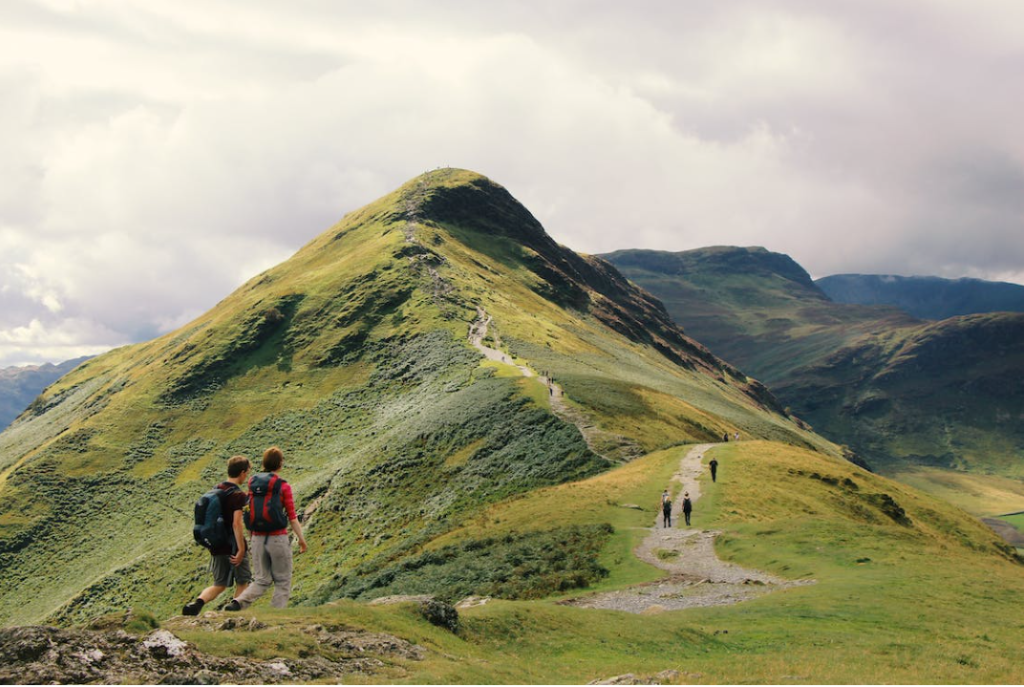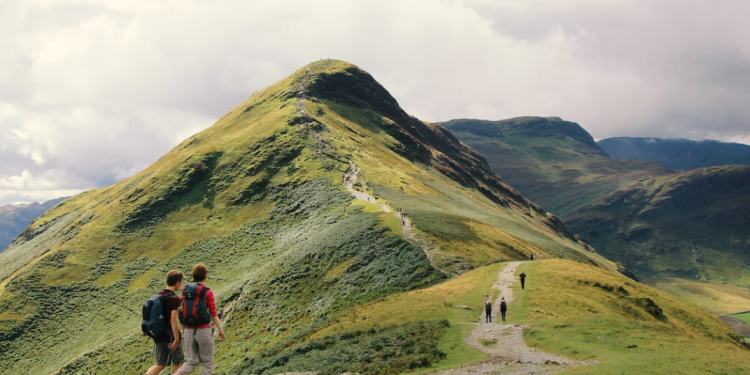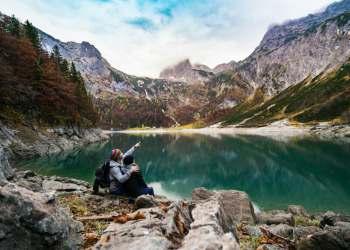Introduction
Family travel is an exciting adventure that creates lasting memories, but ensuring the safety of your loved ones is paramount. In this comprehensive guide, we’ll explore essential safety tips and precautions to help you and your family stay safe while traveling abroad.
Researching Destination Safety
Before embarking on your journey, it’s crucial to research the safety of your destination. Check travel advisories and safety ratings from reputable sources, and be aware of any potential risks or hazards. Additionally, take the time to familiarize yourself with local laws and customs to avoid inadvertently breaking any rules.
Packing Essential Safety Items
When packing for your trip, don’t forget to include essential safety items. A well-stocked first aid kit containing bandages, medications, and antiseptic wipes can be a lifesaver in emergencies. It’s also essential to carry documentation for travel insurance, including policy details and emergency contact information.
Staying Aware of Surroundings
Maintaining awareness of your surroundings is key to staying safe while traveling. Avoid high-risk areas, especially at night, and keep your belongings secure at all times. Invest in quality travel locks for your luggage and consider using a money belt or hidden pouch to carry valuables.
Using Safe Transportation
Choosing safe transportation options is essential for family travel safety. Opt for reputable transportation providers and research safety records before booking. When traveling by car, always use seat belts and appropriate child safety seats to protect your family in the event of an accident.
Teaching Kids About Safety
Empowering children with safety knowledge is crucial for their well-being while traveling. Establish meeting points and emergency protocols in case you get separated, and teach children about stranger danger and the importance of staying together in unfamiliar environments.
Cultural Sensitivity and Respect
Respecting local customs and traditions is not only courteous but also contributes to your safety while abroad. Dress modestly and appropriately for the destination, and be mindful of cultural norms regarding behavior and interaction with locals.
Managing Health and Hygiene
Maintaining good health and hygiene habits is essential for preventing illness while traveling. Drink safe water from trusted sources, and eat at reputable establishments to avoid foodborne illnesses. Pack hand sanitizer and antibacterial wipes to clean hands and surfaces, especially when traveling with young children.
Emergency Preparedness
Being prepared for emergencies is vital for family travel safety. Know the emergency contact information for local authorities and medical facilities, and have a plan in place for contacting them if needed. Keep a list of important phone numbers and addresses, including your embassy or consulate.
Staying Connected
Staying connected with family and friends back home can provide peace of mind while traveling. Share your itinerary with trusted contacts and regularly check-in with them during your trip. Consider using communication devices such as mobile phones or messaging apps to stay in touch, especially in case of emergencies.
Seeking Local Advice
Local knowledge can be invaluable for staying safe while traveling. Don’t hesitate to ask locals for safety tips and recommendations on areas to avoid. If you encounter any issues or concerns, seek assistance from authorities or hotel staff who can offer guidance and support.
Keeping Documents Secure
Protecting your travel documents and personal identification is essential for preventing identity theft and fraud. Keep passports, IDs, and other important documents in a secure location, such as a hotel safe or hidden travel wallet. Make copies of your documents and store them separately in case of loss or theft.
Being Mindful of Scams and Fraud
Scams and fraud are prevalent in many tourist destinations, so it’s essential to be vigilant and aware of common tactics. Avoid sharing sensitive information such as credit card details or personal data with strangers, and be cautious of offers that seem too good to be true. Trust your instincts and err on the side of caution when dealing with unfamiliar situations.
Enjoying Safe Activities
While exploring new destinations, be sure to choose activities with safety measures in place. Whether you’re sightseeing, participating in adventure sports, or enjoying recreational activities, always follow safety guidelines and listen to instructions from guides or instructors. Prioritize the safety of your family above all else and avoid taking unnecessary risks.
Conclusion
Traveling with family is an enriching experience, but it’s essential to prioritize safety at all times. By following these safety tips and precautions, you can enjoy a worry-free journey and create cherished memories with your loved ones. Remember to stay informed, stay aware, and stay safe while exploring the world together.

FAQs:
- Q: How can I check the safety of my destination before traveling?
- A: Research travel advisories and safety ratings from reputable sources, and consider factors such as crime rates, political stability, and health risks.
- Q: What should I include in a travel first aid kit for my family?
- A: A travel first aid kit should contain essentials such as bandages, antiseptic wipes, pain relievers, adhesive tape, tweezers, and any necessary medications for your family’s specific needs.
- Q: How can I teach my children about safety while traveling?
- A: Establish meeting points and emergency protocols, teach children about stranger danger, and involve them in discussions about safety precautions and awareness.
- Q: What should I do if I encounter a medical emergency while traveling abroad?
- A: Seek medical attention immediately and contact local emergency services or your embassy or consulate for assistance. Be prepared to provide information about your location and the nature of the emergency.
- Q: How can I protect my family from identity theft and fraud while traveling?
- A: Keep your personal documents secure, avoid sharing sensitive information with strangers, and be cautious of offers or requests that seem suspicious. Use secure payment methods and monitor your financial accounts regularly for any unauthorized activity.





